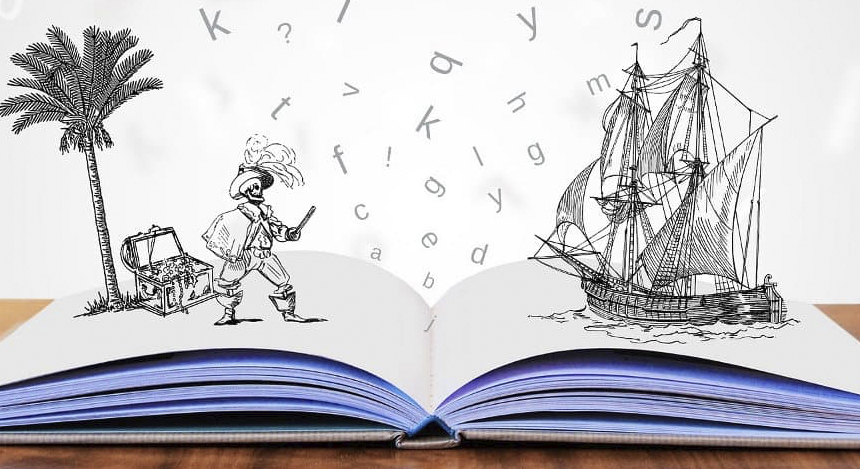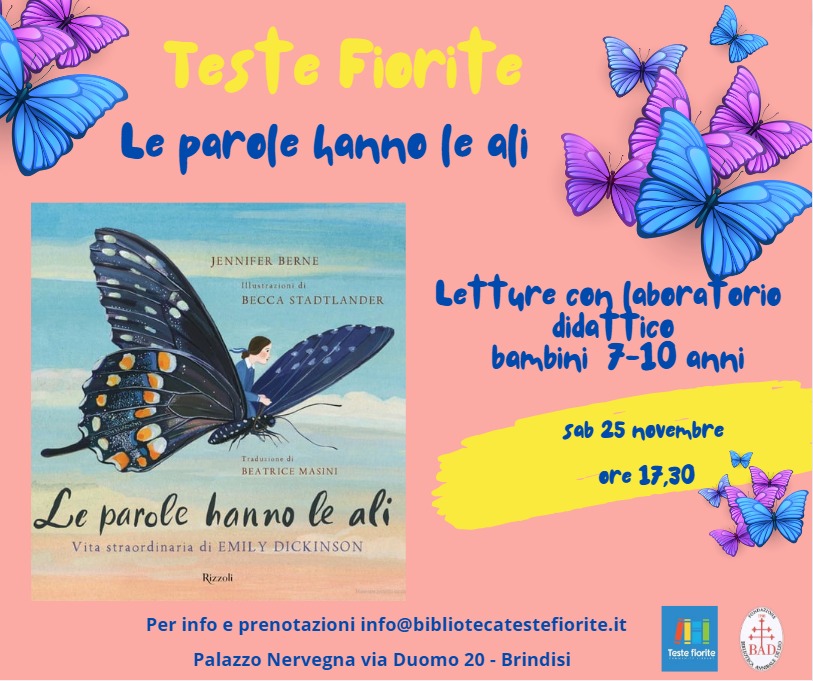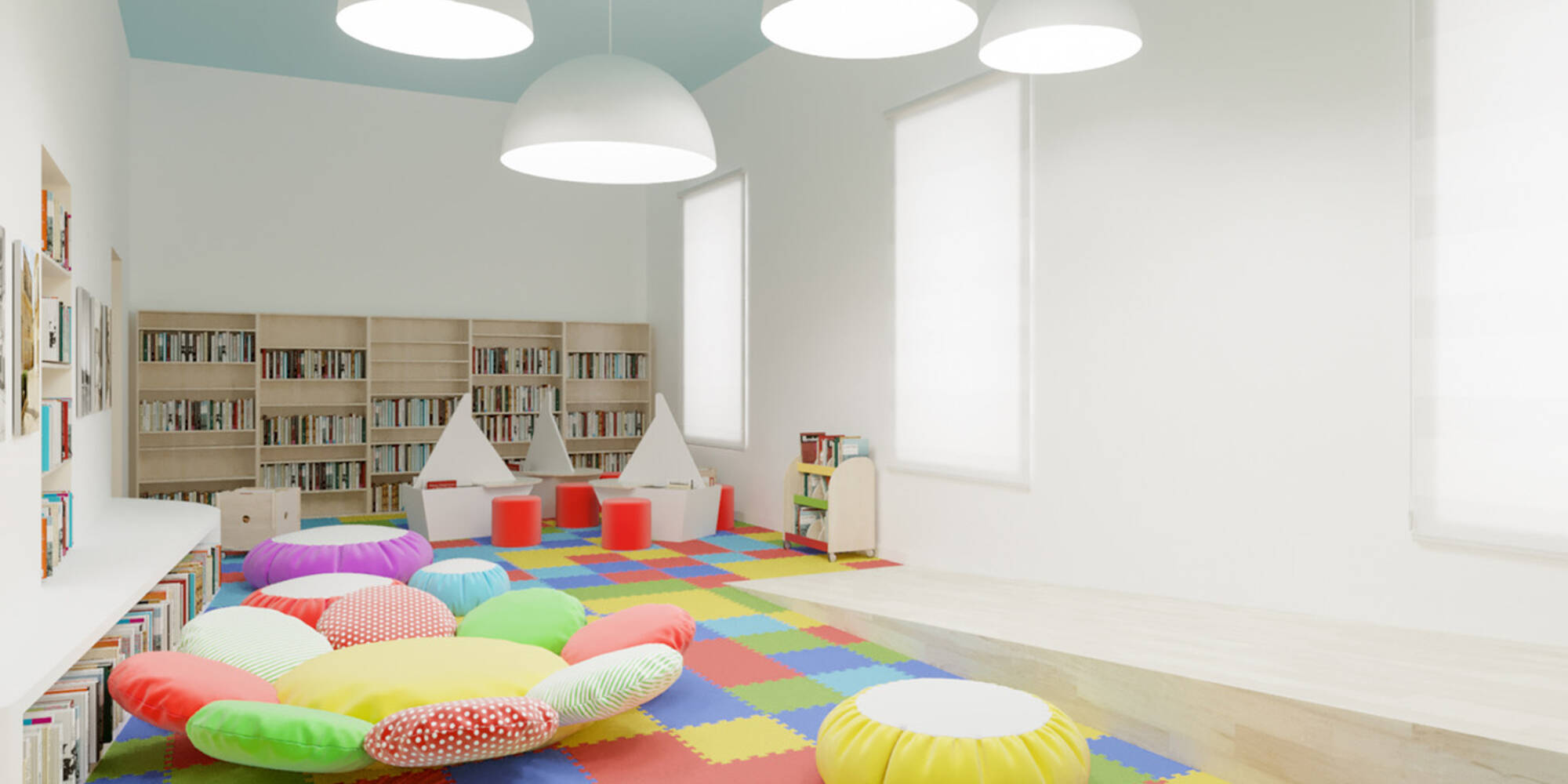

Iscriviti per poter partecipare alle nostre attività
Libri
10000
Laboratori
3000
Istruttori
50
Iscritti
350
I nostri Laboratori
Intento della biblioteca Teste fiorite sarà quello di “allenare il muscolo della creatività” nei ragazzi promuovendo la lettura e la memoria attraverso laboratori, storytelling e storyboards con il personale della biblioteca.
Digitopittura
ARTLAB - DIGITOPITTURA Lettura e laboratorio di manipolazione e digitopittura...
- -
- Bambini: 0 - 6 Anni
- Posti disponibili: 8
- Durata: 90 min.
Storie Piccine
READING - STORIE PICCINE Letture frontali animate di testi Nati...
- -
- Destinatari: N° 8
- Età indicata: Anni 0-6
- Durata: 60 min.
- Luoghi: Si può svolgere all'aperto.
Le parole hanno le ali
Letture con laboratorio didattico
25 - 11 - 2023
- Bambini: 7-10 anni
Sullo Scaffale
I 3 migliori testi del mese, consigliati dai nostri esperti. Imperdibili, affascinanti e sempre educativi. Non perdere altro tempo…
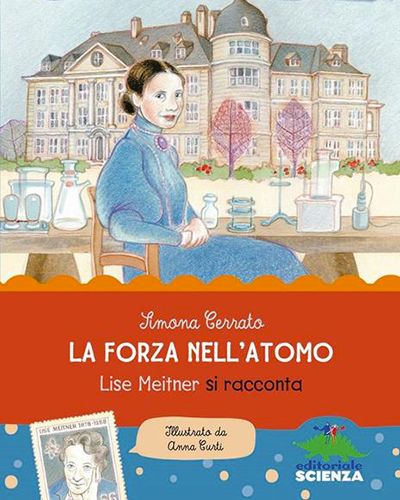
LA FORZA DELL'ATOMO
Simona CerratoLa vita di Lise Meitner abbraccia tutto il Novecento: Lise lo percorre da protagonista, come fisica eccellente schierata a favore dell’uso pacifico della scienza…
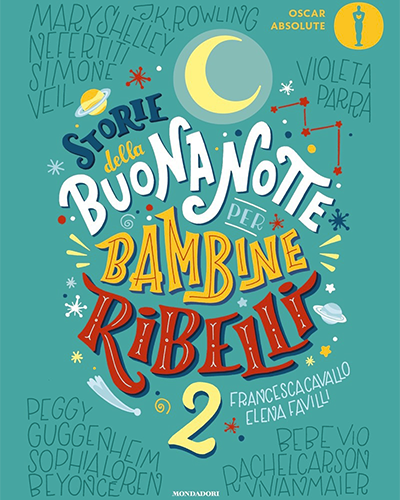
STORIE DELLA BUONANOTTE PER BAMBINE RIBELLI 2
Francesca Cavallo - Elena FavilliCon oltre un milione di copie vendute in tutto il mondo, Storie della buonanotte per bambine ribelli è diventato un movimento globale e un simbolo di libertà.
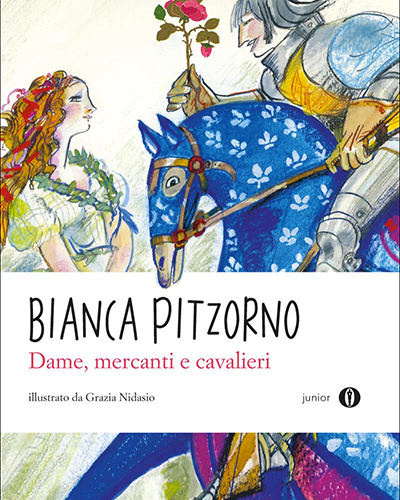
DAME, MERCANTI E CAVALIERI
Bianca PitzornoScelte tra le cento novelle del Decamerone, queste storie ispirate alla letteratura cortese “esaltano la grandezza d’animo, il senso dell’onore, della lealtà, della fedeltà ai propri ideali”.











